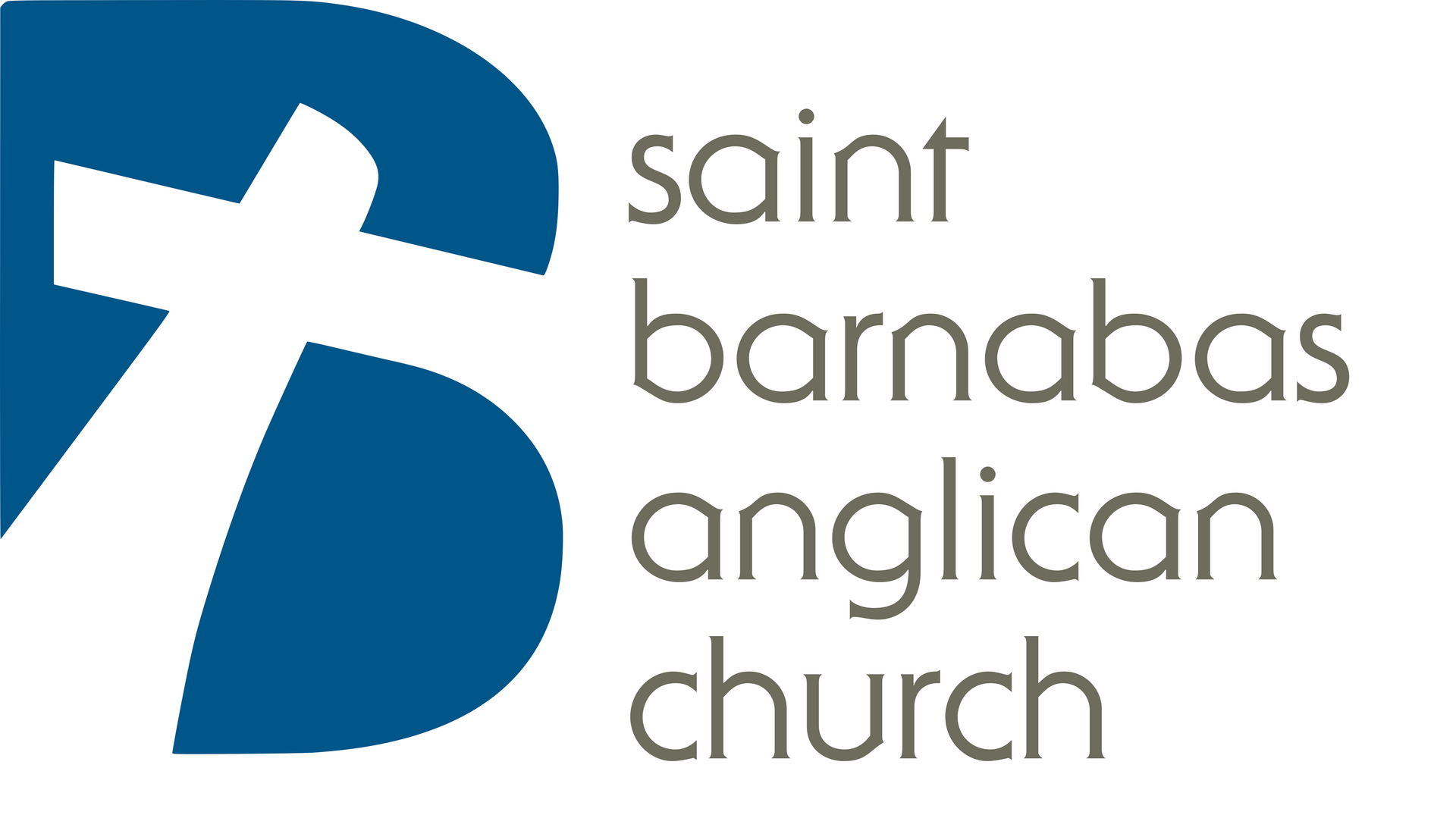Trinity Sunday
On the heels of Pentecost Sunday, we celebrate all Persons of the Godhead on Trinity Sunday. Although the celebration of Trinity Sunday dates back to the twelfth century in Anglicanism, its origins are much earlier.
In the fourth century, a priest named Arius believed that Jesus was a created being, thus denying His divinity. His beliefs subsequently denied the Trinity as well. Unfortunately, he led many astray with this heresy, resulting in the persecution of orthodox Christians. However, a faithful Bishop, Athanasius, stood as Arius' chief opponent. He championed the orthodox view of Jesus and the distinct nature of the Persons of the Trinity. Doing so resulted in his exile. However, even from afar, he remained a faithful pastor, bishop, and theologian. It took time, but Truth prevailed in the Council of Nicaea, as Constantine gathered all parties to address the divisive issue. From that Council we received the Nicene Creed, which we say weekly, affirming both each Person of the Trinity and their role in salvation history.
In the centuries to follow, prayers, hymns, and Christian liturgies developed emphasizing the Trinity. Eventually, in the tenth and eleventh centuries, the Sunday after Pentecost became a universally observed time to celebrate the Trinity in the Divine Offices. In England, however, it became a principle feast day through the petition of Thomas Beckett. He was consecrated Archbishop of Canterbury in 1162 AD on the day. Later, in the thirteen century, it became a universally established feast day in the church calendar.
On Trinity Sunday we recite the creed attributed to Athanansius instead of the Nicene Creed. Although it highlights the same tenants found in the Nicene Creed, it likewise serves as an important reminder of our history. In spite of various trials that assault the Faith, the Truth always prevails in the mystery, that we as Christians proclaim of the Trinity. You may find the text here.
Blessings,
Andrew
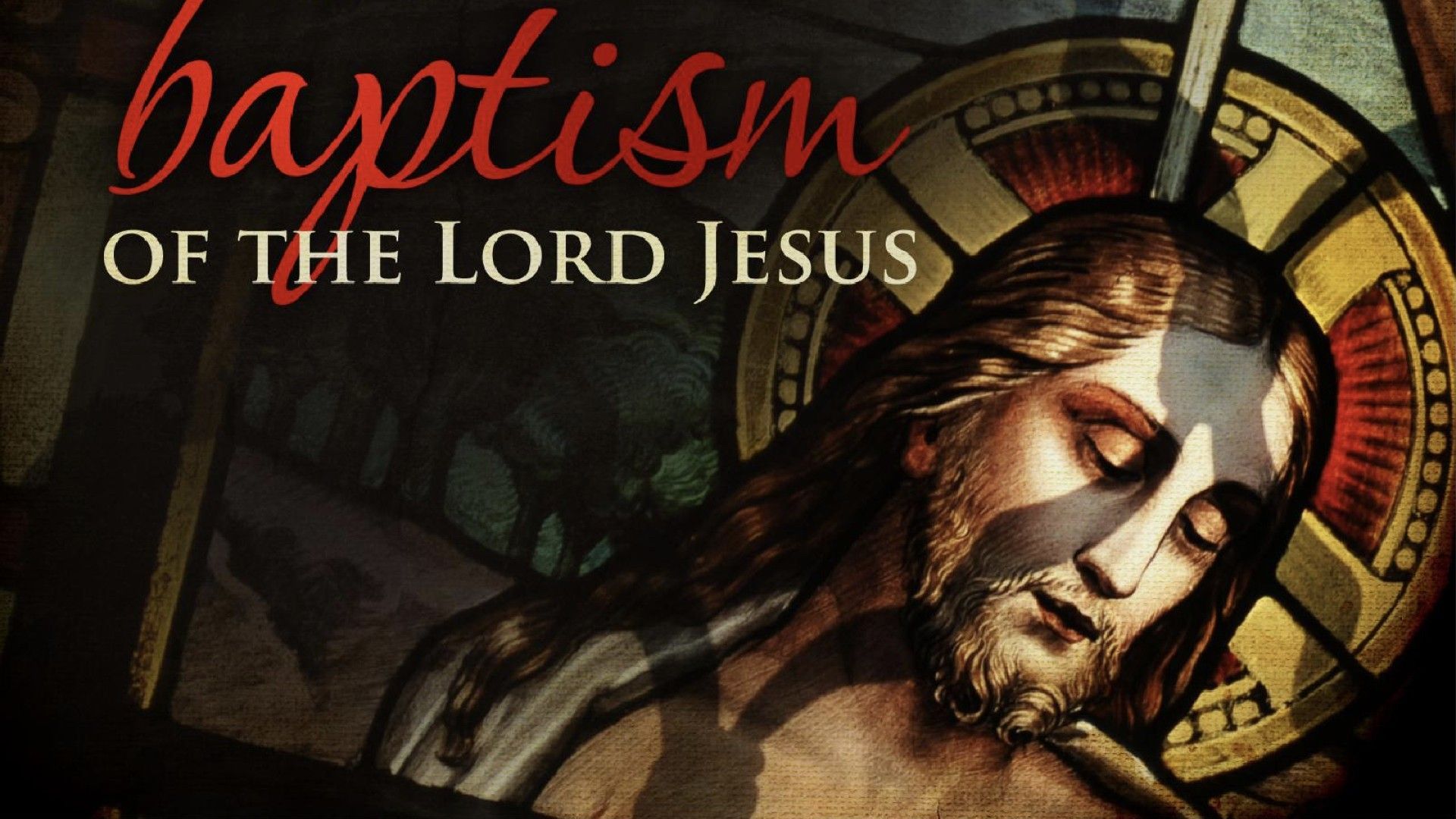
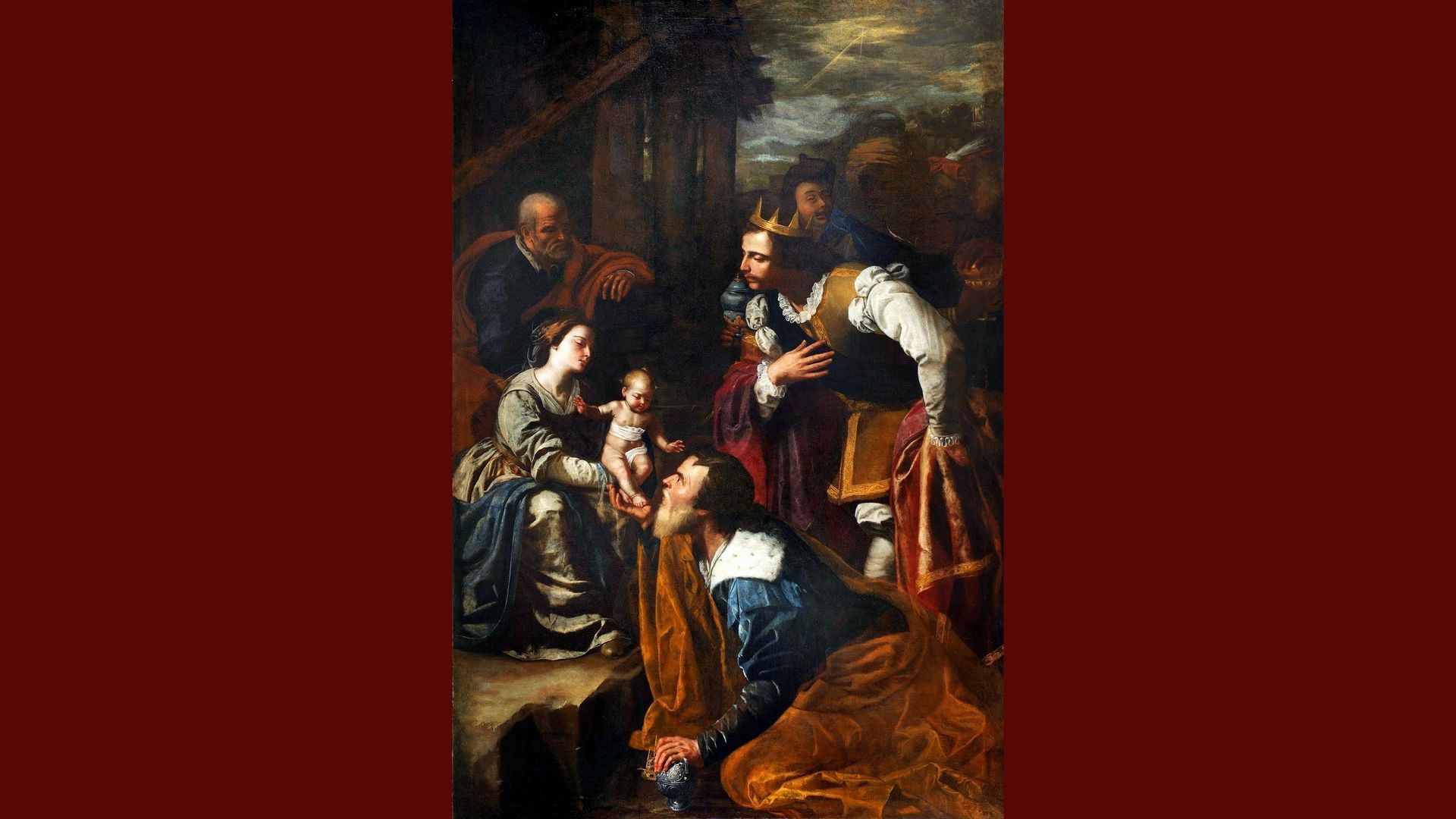


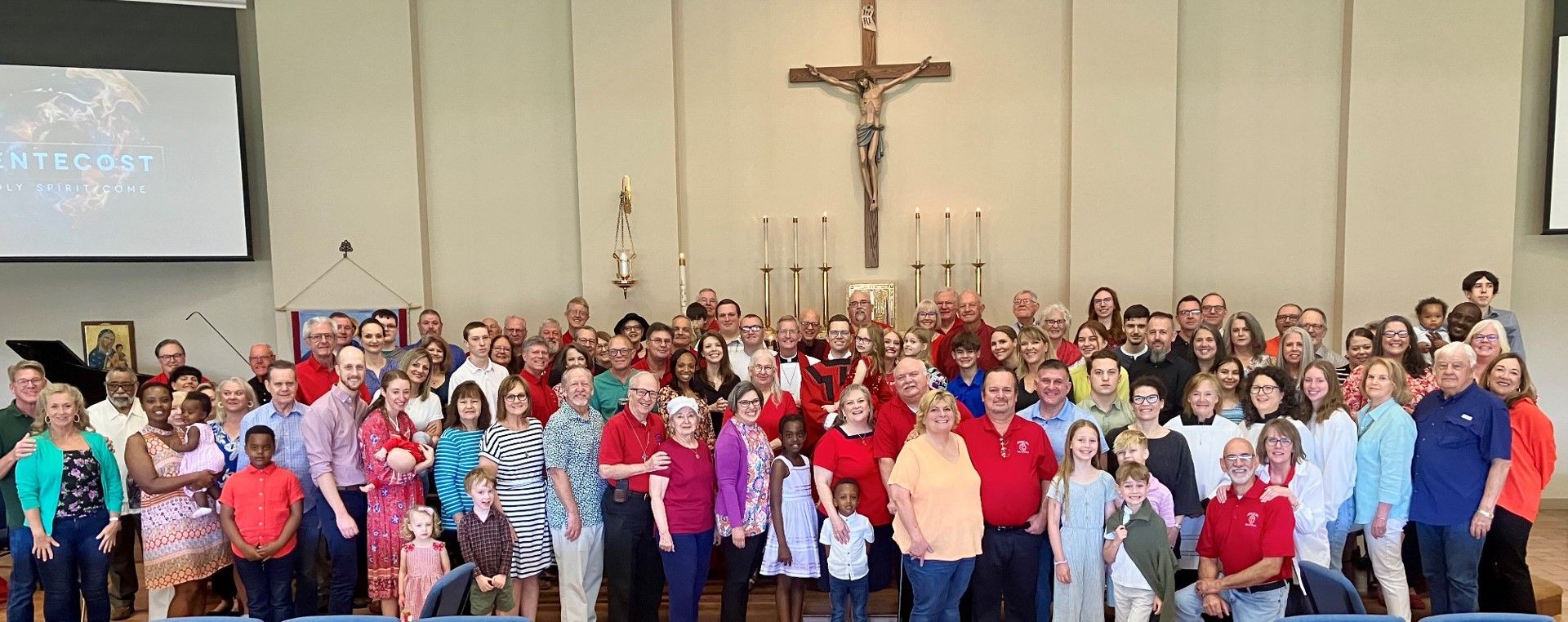


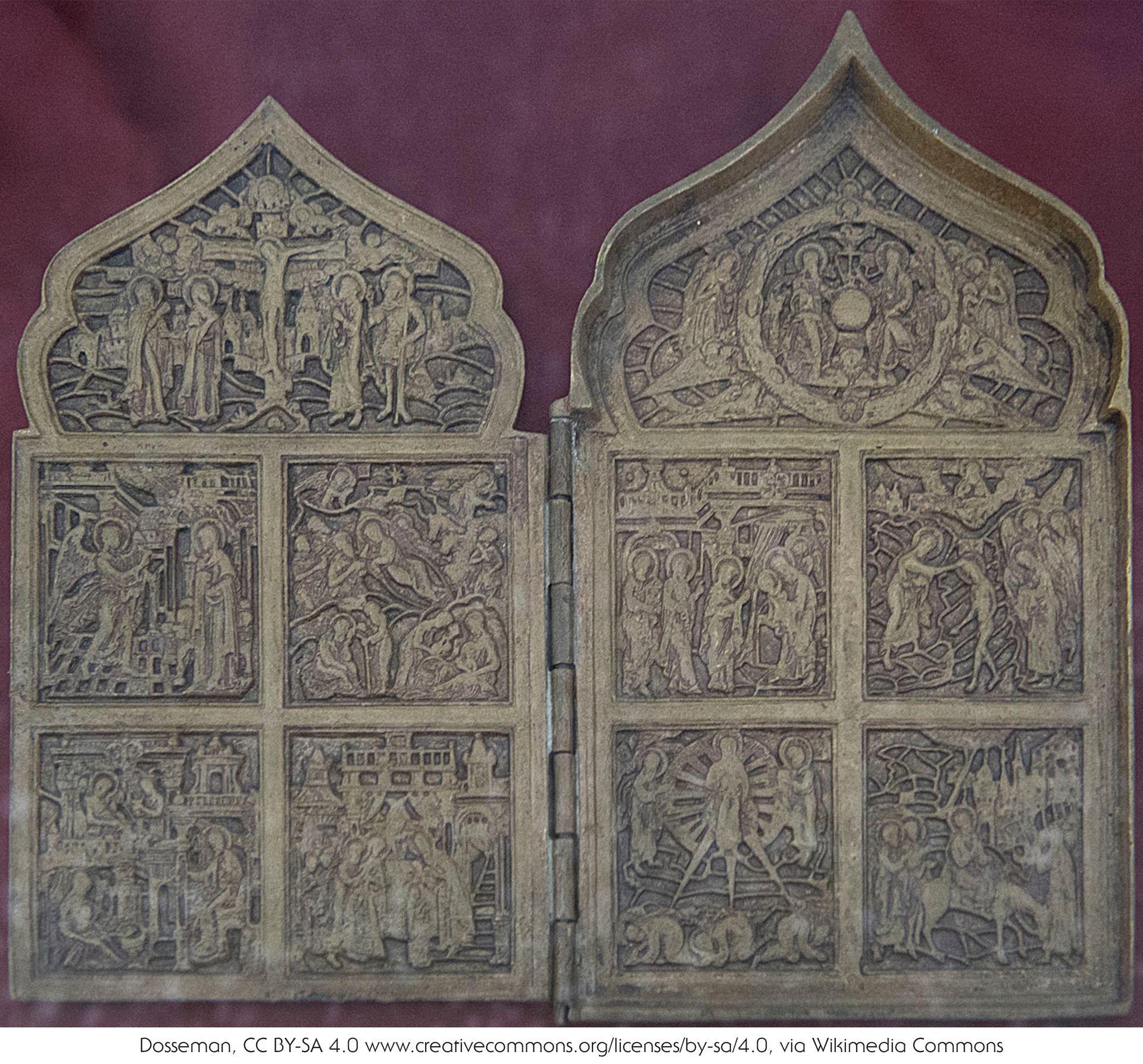
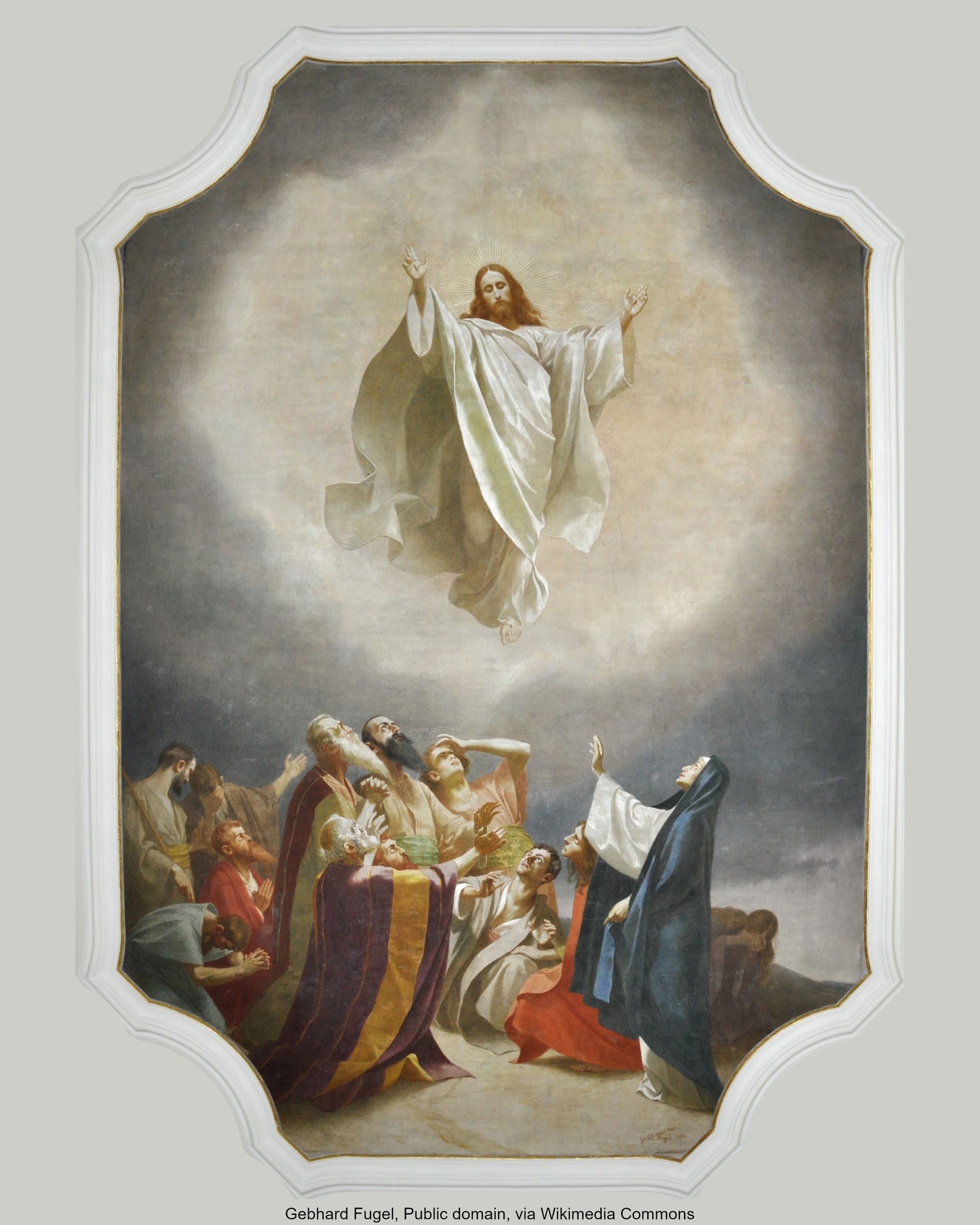
BROWSE OUR SITE
© Saint Barnabas Anglican Church Fort Worth


